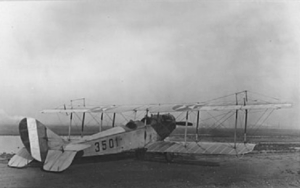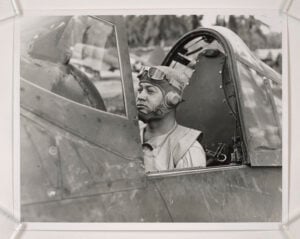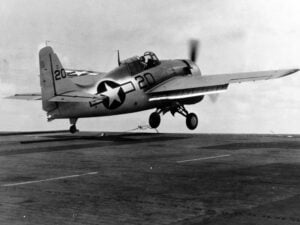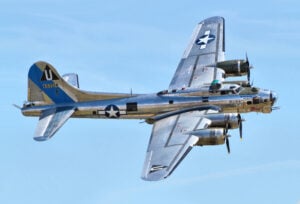What Life On A U-Boat Was Like
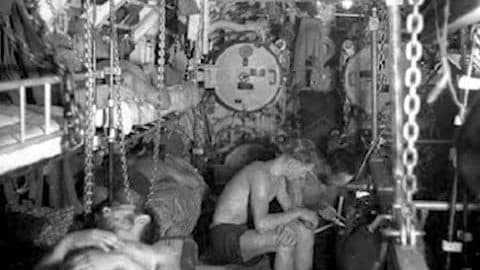
YouTube / Hidden History
No war vessel offered worse living conditions than a WWII U-boat. During patrols lasting from three weeks to six months, U-boat crews faced a grim reality: there was no bathing, shaving, or changing clothes.
The Crew and Daily Routine
The crew was composed of specialists like radiomen, torpedo-men, and machinists responsible for vital operations and equipment maintenance. General tasks, including loading torpedoes, standing watch, and deck gun operation, were handled by seamen. Shifts were divided into three eight-hour rotations: one for sleeping, one for regular duties, and one for miscellaneous tasks.
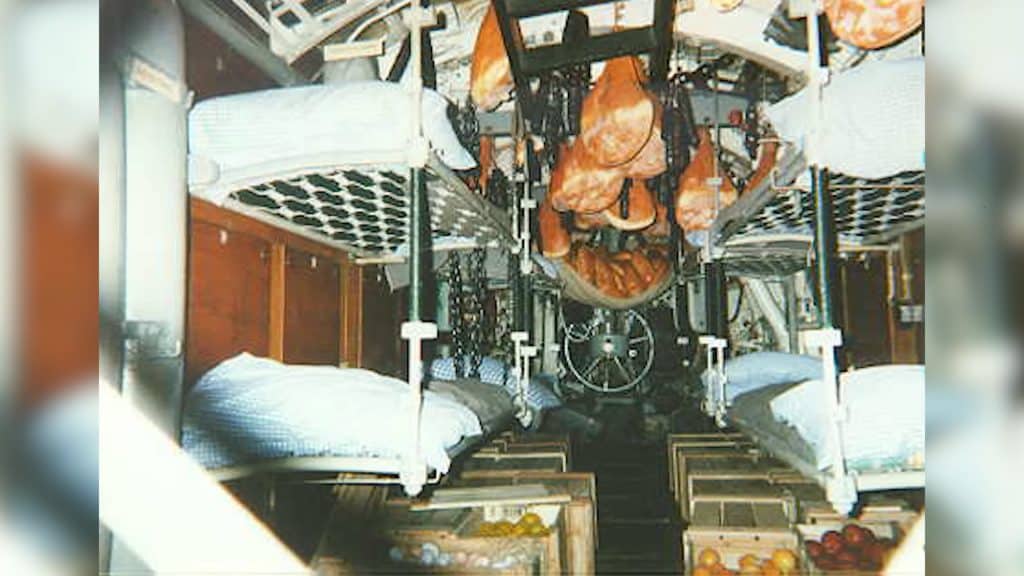
With waves often crashing over the bridge, drying clothes was nearly impossible. Watch crews were secured by safety lines to prevent being washed overboard. Fresh water was strictly rationed for drinking—especially when one tank was filled with diesel fuel to extend the U-boat’s range.
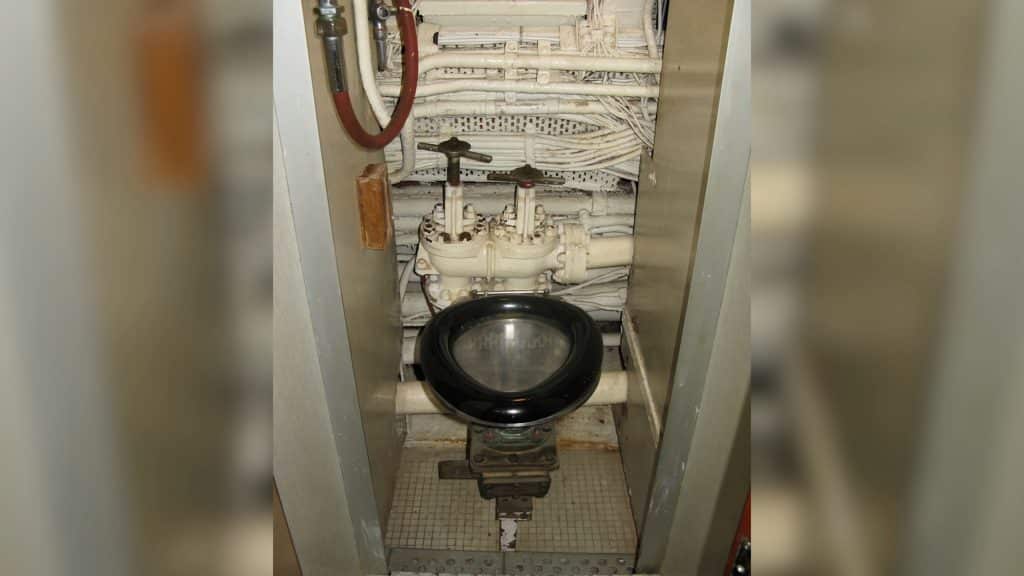
As a result, washing and showering were banned, and shaving was postponed for the entire duration of the patrol. Crew members only had a single change of underwear and socks, relying on deodorant to mask body odor.
Tight Quarters and Hot Bunking
Space aboard a U-boat was extremely limited. Each crew member had one small locker for personal items, and the torpedo rooms doubled as living quarters. At the start of a patrol, extra torpedoes took up bunk space, forcing six beds to be folded away until the first torpedoes were launched. Only then could the bunks be set up, providing some relief to the cramped conditions.
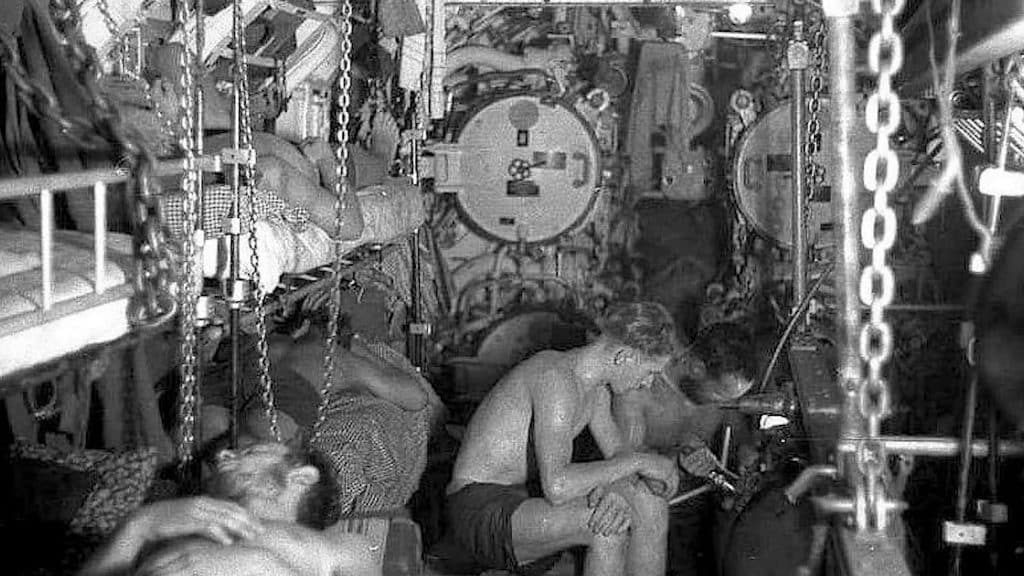
With insufficient beds, the crew practiced “hot bunking”: as soon as one sailor finished sleeping, another would take their place. Privacy was non-existent, except for the captain, who had a small area with just a simple curtain.
Food and Passing Time
Food storage was equally challenging. Provisions were crammed into every available space, even filling one of the toilets until supplies were consumed. Due to constant exposure to diesel fumes, the crew nicknamed their meals “diesel food.” With only one functional toilet for the entire crew at the start of a patrol, hygiene was minimal at best.
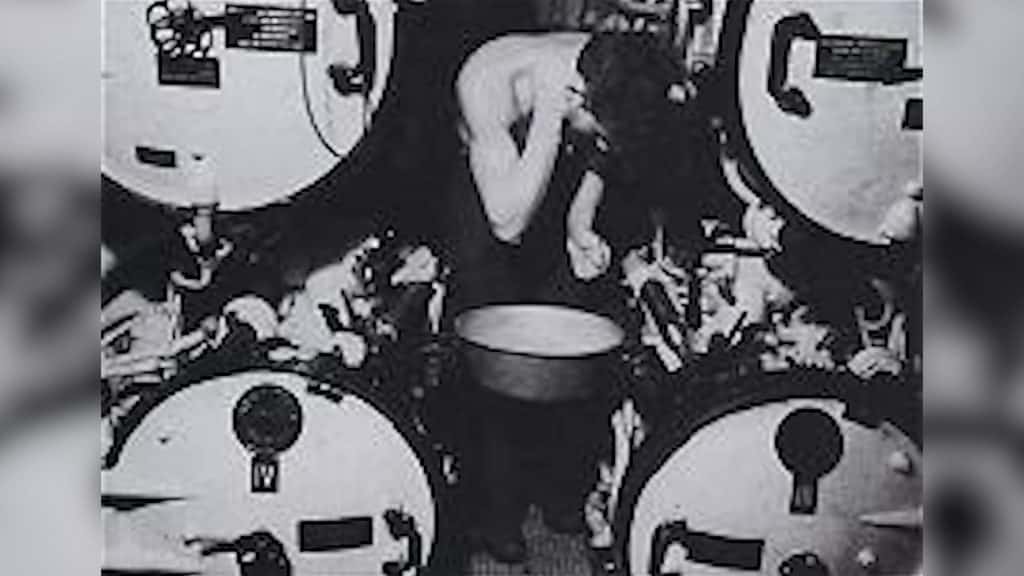
When not hunting enemy ships or evading detection, the crew found ways to pass the time. They listened to records on a built-in player or played cards to keep their spirits up. By the end of a patrol, sailors would emerge with unkempt beards, filthy uniforms, and the lingering stench of sweat and diesel fuel.
The Harsh Reality
Life aboard a U-boat was a test of endurance, marked by cramped quarters, foul odors, and constant discomfort.














